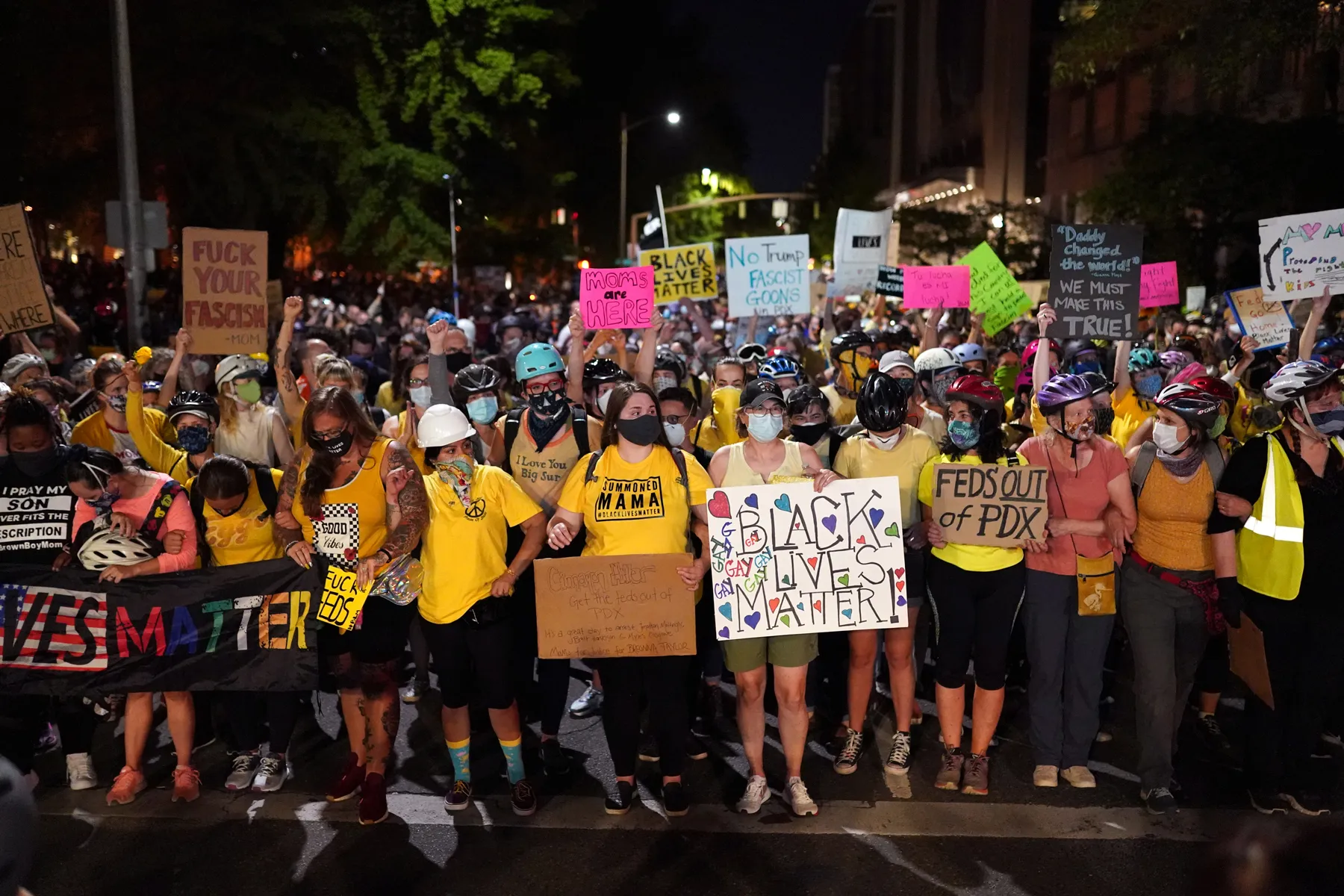Comfort food and political unrest may seem worlds apart, yet their intersection reveals how culture, nourishment, and narrative shape resilience, democracy, and survival in turbulent times.

On one side of the screen, the Food Network beams images of steaming bowls of chicken noodle, spicy ramen, or creamy tomato bisque. Chefs narrate with warmth, promising comfort and reassurance through recipes passed down generations. On the other side of reality, streets erupt in protest. Parliament buildings tremble under chants. Economies strain as citizens demand justice, dignity, and bread.
The juxtaposition feels surreal: comfort soups and political unrest. Yet both share a common thread—human longing for stability, sustenance, and meaning in times of uncertainty. Food is culture, but it is also politics. To dismiss comfort food as trivial against unrest is to miss its symbolic power. To ignore political unrest while focusing on soup is to deny the world’s turbulence.

This editorial explores the intersection. How bowls of broth and movements of resistance both reveal the fragility of society. How nourishment and narratives shape resilience. And why, in an age of turbulence, comfort food and political unrest are not opposites but interwoven threads in humanity’s struggle for stability.
Food is never just calories. It is culture, memory, identity. Comfort food—soups in particular—anchors societies in times of disruption. The steaming bowl on a family table represents continuity when politics collapses. The recipe shared on television becomes reassurance when news broadcasts scream unrest.
The Food Network thrives on this psychology. Its “comfort soup” specials rise in popularity during winters, recessions, pandemics, and wars. Audiences crave not novelty but familiarity, not haute cuisine but home. The chicken noodle broth is more than dish—it is metaphor for continuity. In turbulent times, comfort food is cultural anchor.
If food nourishes the body, justice nourishes society. When systems deny dignity, citizens erupt. From the Arab Spring to Hong Kong to Latin America, protests are sparked not only by ideology but by hunger, poverty, and inflation.
Political unrest is often literal hunger. The bread riots of history echo in today’s streets. Inflation makes soup unaffordable. Scarcity transforms kitchens into battlegrounds. The hunger for justice mirrors hunger for food. Both are primal. Both are urgent. Both drive unrest. Here lies paradox. As citizens riot for bread, millions simultaneously consume media celebrating gourmet soups. As unrest spreads, comfort food becomes escapism.
Is this hypocrisy? Not entirely. Escapism is coping. Societies under strain seek solace in culture. Food programmes provide distraction, reassurance, continuity.
Yet the paradox is revealing: societies can consume narratives of abundance while living scarcity. The disconnect between televised soup and empty bowls fuels unrest. The Food Network’s warmth collides with political coldness.
Food is narrative. Politics is narrative. Both shape perception. Authoritarian regimes understand this. They weaponise food as control—bread lines as humiliation, subsidies as loyalty. Democracies too link food to politics—farm subsidies, school lunches, trade agreements.
The Food Network constructs narrative of abundance. Protesters construct narrative of scarcity. Between them lies truth: food and politics are inseparable. The battle for stability is narrative war. Whoever controls the story of hunger controls legitimacy.

History is littered with intersections of food and unrest. The French Revolution was sparked by bread shortages. The Russian Revolution was fuelled by hunger. The Great Depression saw soup kitchens as symbols of survival.
Even in modern times, protests erupt over food prices—from the Arab Spring triggered by wheat inflation to Sri Lanka’s collapse driven by scarcity. Soup is not trivial. It is historical metaphor. It reveals whether societies nourish or neglect.
Food television raises questions of media responsibility. Is it escapism or neglect to broadcast soups while unrest unfolds? Does distraction soothe citizens or pacify them into apathy? Media theorists argue both. Comfort programming sustains mental health in turbulence. Yet it also risks normalising inequality. The soup bowl can comfort or anesthetise.
Responsibility lies in balance—celebrating food while acknowledging hunger. Ignoring unrest risks complicity. Citizens live both realities. They watch chefs stir broth while worrying about bills. They share memes of soups while scrolling protest hashtags. The kitchen table is both sanctuary and battleground.
Citizens also politicise food. Boycotts, farm-to-table movements, sustainable sourcing—all blend culinary with political. Soup becomes statement. The politics of the table reveals democracy’s fragility. Nourishment and justice cannot be separated. At the heart lies moral crisis. Is it ethical to indulge comfort food while neighbours starve? Is it responsible to celebrate abundance while systems collapse?
The answer is not to abandon comfort but to contextualise it. Comfort must not blind. Soup must not silence. Moral crisis is resolved not by guilt but by action—sharing meals, reforming systems, demanding justice. Comfort without conscience corrodes legitimacy.
Food Network comfort soups and political unrest matter together because they reveal civilisation’s contradictions. Bowls of warmth coexist with streets of fire. Narratives of abundance collide with realities of scarcity.
This still matters because society cannot survive on comfort alone, nor on unrest alone. Both must be reconciled—nourishment with justice, soup with stability, comfort with conscience.
The question is not whether citizens crave soup or demand justice. The question is whether societies can provide both—warmth for the body, dignity for the soul—before fragility becomes collapse.

Kelly Dowd, MBA, MA, is an author, systems architect, and Editor-in-Chief of WTM MEDIA. Dowd examines the intersections of people, power, politics, and design—bringing clarity to the forces that shape democracy, influence culture, and determine the future of global society. Their work blends rigorous analysis with cultural insight, inviting readers to think critically about the world and its unfolding narratives.

At the intersection of brain chemistry and human longing, intimacy between men reveals a landscape of vulnerability, reward, and identity. This article delves into how neural circuits, hormonal dynamics, and psychological frameworks undergird male-male intimacy—why it matters, why it unsettles, and why it offers one of the deepest paths to self-knowledge and human connection. By combining neuroscience, endocrinology, and relational psychology, this piece argues that male intimacy is not a peripheral luxury but a core human imperative: a frontier where biology and spirit collide.

AI is reshaping medicine from diagnostic tool to empathic collaborator — a transformation that redefines care, ethics, and the essence of healing itself.

Across alliances, borders, and institutions, power is increasingly exercised without trust. This article examines how legitimacy—not military strength or economic size—has become the decisive variable in global stability, and why its erosion now threatens international order.